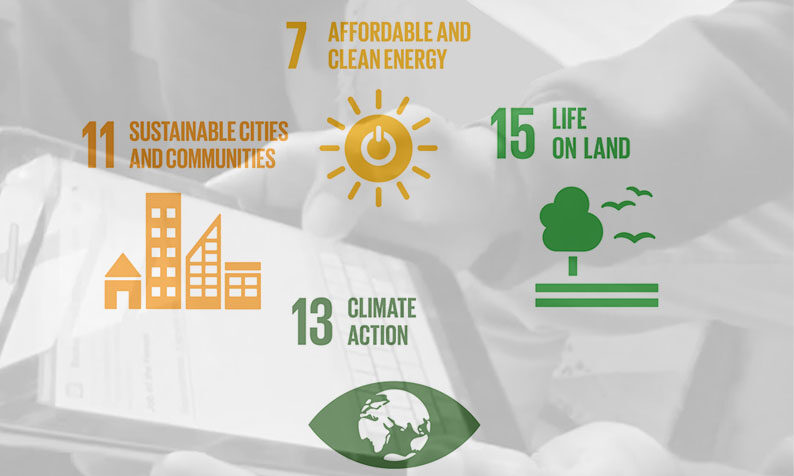
On the way to more sustainability, the United Nations have adopted 17 global goals for sustainable development (SDG), which are to be implemented by cities and communities at the local level. In order to determine the extent to which cities are fulfilling these goals (and what tasks are still awaiting them), the Sustainable Development Goals are supplemented by a system of indicators intended to evaluate the implementation process.
The city of Stuttgart is one of the pioneer cities in the field of monitoring these global sustainability goals. For several years now, the city has been examining the extent to which the existing indicators for surveying the implementation of SDGs are suitable for mapping the status of implementation of the sustainability goals and, based on this, for developing measures to further improve sustainability in Stuttgart.
So far, however, this has been done mainly on the basis of quantitative data and at the city-wide scale; Approaches to transfer the evaluation to the smaller scale of districts or neighborhoods do not yet exist. Also, the possibility of including qualitative aspects (such as the quality of green and recreational areas and not just their square footage) in the evaluation is missing. Therefore, this seminar aims to make a methodological contribution to the further development of these SDG indicators by addressing the following questions:
- How could qualitative aspects be integrated into the SDG assessment and its indicator system?
- How could qualitative data be co-produced together with residents of a selected neighborhood?
- How could the indicator system be transferred from the larger municipal level to the smaller level of the district and the neighborhood?
After a theoretical phase, in which we will discuss the global sustainability goals of the UN and get to know the previous process of SDG monitoring using the example of Stuttgart, we will focus on methodological questions of collecting and analyzing qualitative data.
Based on this, we will develop ideas on how these data can be collected together with the residents of a particular district. In cooperation with the city of Stuttgart, we will be concentrating on the investigation of specific SDG goals in the district of Münster/ Stuttgart, where citizens are already actively involved in a district upgrading process. In a last step, the collected data is evaluated and reflected. Based on this, it should be discussed to what extent the results are suitable for formulating suggestions for supplementing or optimizing the system of indicators. The results of this applied research and reflection process should be summarized in writing and presented orally.


